Unscientific lifestyles such as obesity, lack of exercise, eating a lot of cholesterol and low fiber are some of the causes of gallstones.
Therefore, for people with gallstones, building a healthy, scientific diet is extremely important.
The importance of diet for people with gallstones
Gallstones are crystal-like deposits that develop in the gallbladder. The gallbladder is a small, pear-shaped organ that stores bile, a digestive fluid produced by the liver. The gallbladder's main function is to store bile, which helps the body break down fats.
Most people with gallstones have no obvious symptoms. However, the longer the stones remain in the gallbladder, the more likely they are to become a problem. This is when the gallstones move and become stuck in a bile duct, causing abdominal pain, possibly accompanied by nausea, indigestion or fever.
Gallstones can also block the common bile duct, which carries bile into the small intestine, and the hepatic duct, which carries bile away from the liver. Blockages in the bile duct cause the bile duct to become inflamed and infected. Blockage of the common bile duct, which joins the pancreatic duct in the small intestine, can lead to pancreatitis.
Since the gallbladder's main function is to store bile, which helps the body break down fatty foods, when we eat, the gallbladder releases its stored bile into the cystic duct. From there, the fluid passes through the common bile duct and into the small intestine to mix with food.
Research shows that the main components of bile are cholesterol and bile acids. Normally, the concentration of bile acids is high enough to break down the cholesterol in the mixture and keep it in liquid form. However, if a person has a high-fat diet, this balance can be upset, causing the liver to produce more cholesterol than the bile acids can handle.
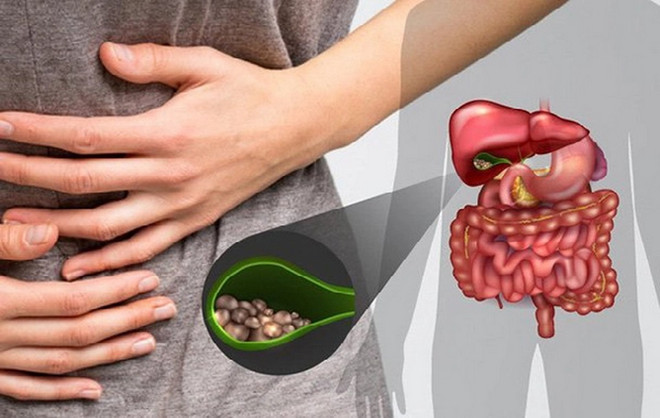
As a result, some of the excess cholesterol begins to solidify into crystals, known as gallstones. About 80% of gallstones are called cholesterol stones and are formed this way. The remaining 20% are made up of calcium mixed with the bile pigment bilirubin, known as pigment stones. Sickle cell disease and other blood disorders where red blood cells are destroyed can often lead to pigment gallstones.
Because diet has an important impact on gallbladder health, gallstone patients, in addition to following the doctor's treatment instructions, need to follow a scientific diet: eat enough nutrients, balance, increase fiber-rich foods, eat moderate fat, low cholesterol to reduce the risk of stone formation and development, contributing to increasing treatment effectiveness and improving disease symptoms.
What foods are good for people with gallstones?
People with gallstones should not completely eliminate fat from their diet. Because without fat, bile will stagnate, thereby increasing the risk of forming new stones.
Therefore, instead of indigestible animal fats, patients should supplement foods rich in healthy fats such as: avocado, walnuts, olive oil, sunflower oil, sesame oil.
Whole grains:
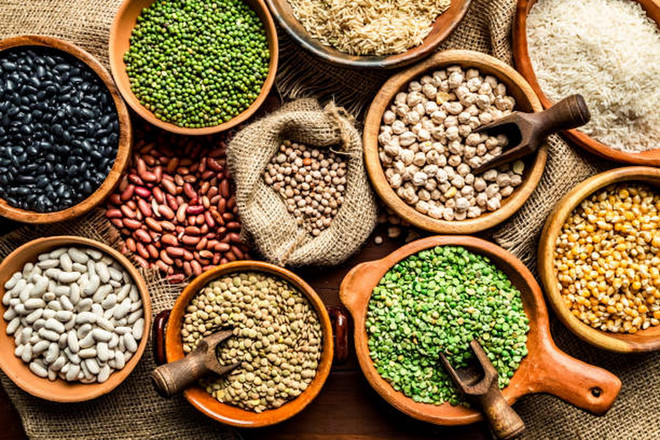
Whole grains and brown rice are starchy foods that do not increase blood sugar levels, thereby reducing cholesterol. Therefore, people with gallstones should add whole grains to their diet to reduce the risk of gallstone formation.
Green vegetables and fruits:
Green vegetables and fruits help the body dissolve cholesterol deposits, thereby preventing gallstones from forming. Not only that, this food group also contains a large amount of fiber and vitamins to help patients get rid of constipation and indigestion.
Therefore, when asked what to eat with gallstones, patients should not ignore green vegetables and fruits such as spinach, broccoli, raspberries, strawberries, oranges, and tangerines.
Vegetable protein:
Protein is an essential component in the process of tissue development in the body. Red meat and milk are foods rich in protein, but they contain a lot of fat, which causes the gallbladder to overwork.
You should prioritize choosing protein-rich foods of plant origin such as dark green vegetables, nuts, and beans. Or add to your diet foods containing low-fat protein such as: lean meat, skinless poultry, and fish.
Low-fat milk
People with gallstones should only drink skim milk, milk made from nuts, and yogurt. Because these products not only help patients supplement nutrition but also limit cholesterol levels.
Foods people with gallstones should not eat
In addition to paying attention to what to eat with gallstones, patients should also avoid foods that increase the risk of forming stones.
Fatty foods
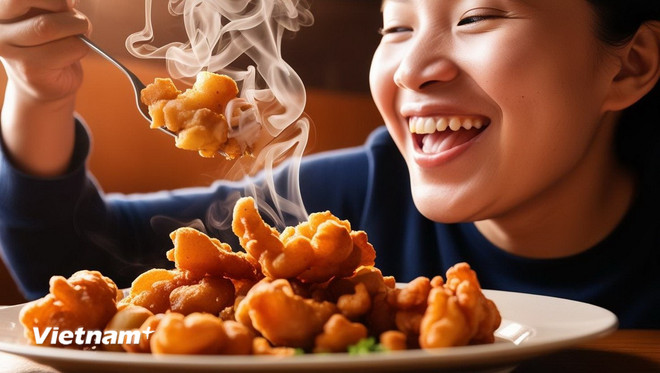
Reduce fat in your diet, because cholesterol is a component of gallstones. Eating too much fat will cause the body to secrete large amounts of bile for digestion. At this time, the gallbladder will contract strongly, causing abdominal pain and indigestion.
Typically, red meat, organs, animal skin, egg yolks, etc. are all foods that are difficult to digest and contain a lot of bad fats.
During the cooking process, patients should prioritize boiling and steaming methods to preserve nutrients and limit oil and fat.
Beer, alcohol, coffee, stimulants
In addition, beer, alcohol, coffee, and stimulants also have negative effects on the liver and gallbladder. If used for a long time, the patient's liver is at risk of fatty liver, thereby reducing the ability to secrete bile. Therefore, patients should not use these products.
Foods high in carbohydrates
Foods containing a lot of carbohydrates after eating will increase blood sugar levels and increase insulin resistance. Once insulin resistance occurs, cholesterol levels in the body will increase, leading to the formation of stones.
In addition, patients should drink plenty of water to eliminate toxins and increase exercise to avoid bile stagnation./.
Source: https://www.vietnamplus.vn/giam-thieu-trieu-chung-cua-benh-soi-tui-mat-nen-an-gi-va-kieng-gi-post1068945.vnp



![[Photo] Close-up of heavy damage at the school located on the banks of the Ban Thach River](/_next/image?url=https%3A%2F%2Fvphoto.vietnam.vn%2Fthumb%2F1200x675%2Fvietnam%2Fresource%2FIMAGE%2F2025%2F11%2F26%2F1764152130492_ndo_bl_img-8188-8805-jpg.webp&w=3840&q=75)








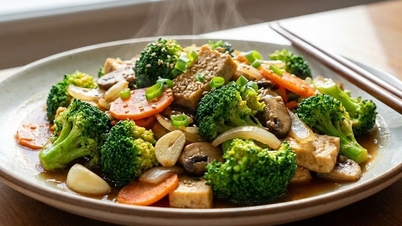

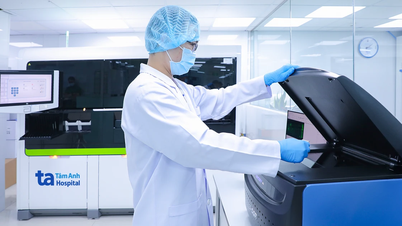

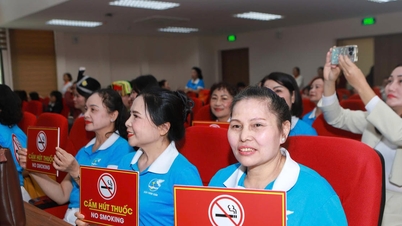




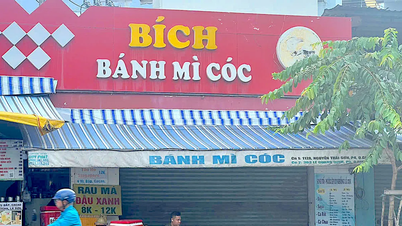
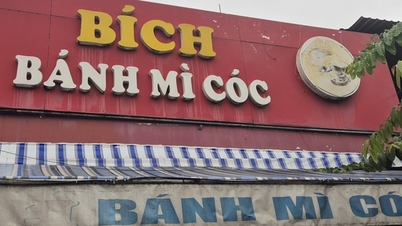
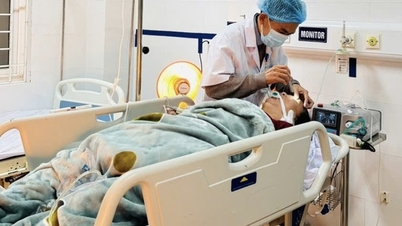






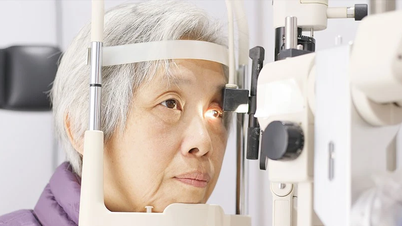








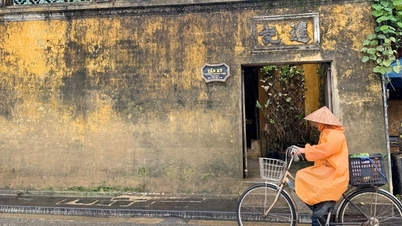

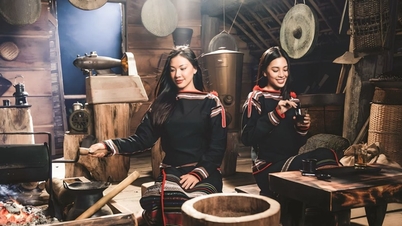



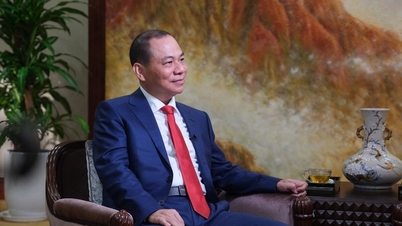

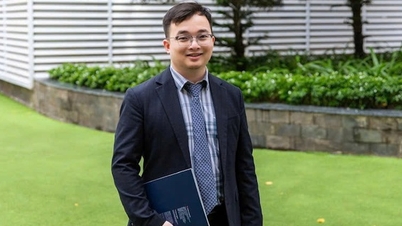



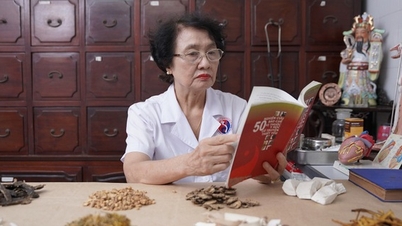










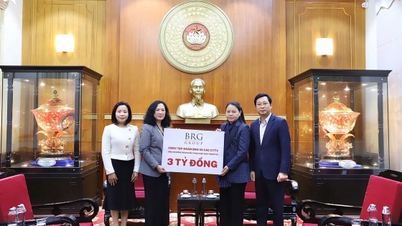










![[Photo] Opening of the 28th Session of the Hanoi People's Council](https://vphoto.vietnam.vn/thumb/402x226/vietnam/resource/IMAGE/2025/11/26/1764155991133_image.jpeg)

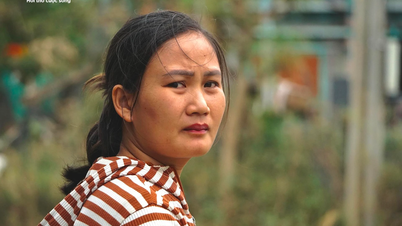




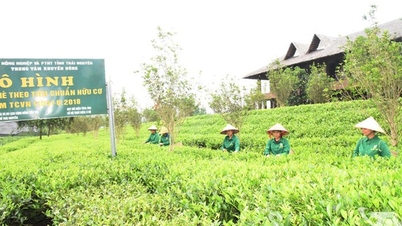

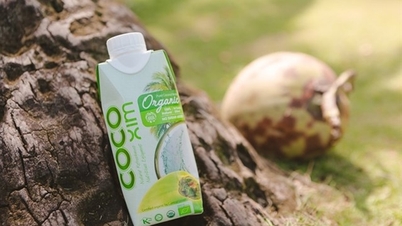




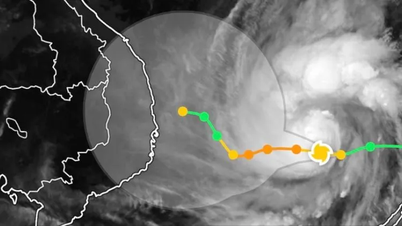


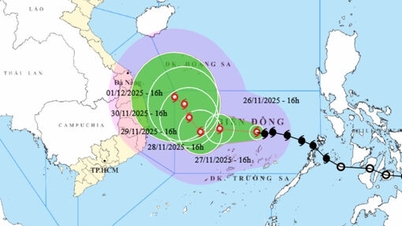


















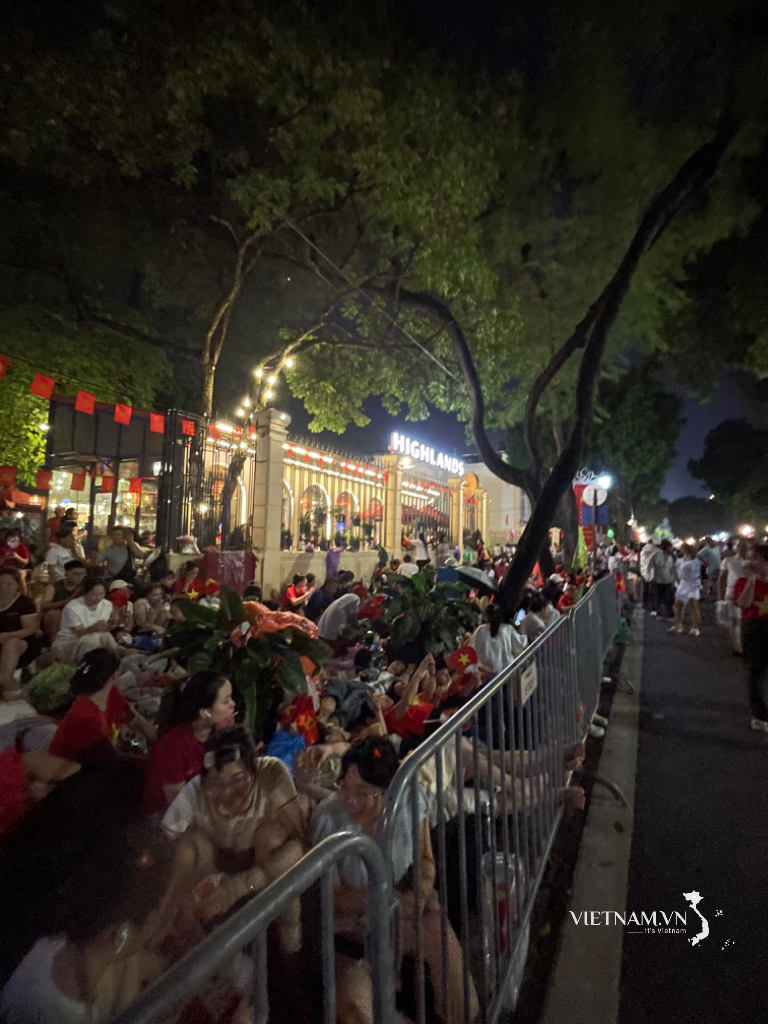

Comment (0)